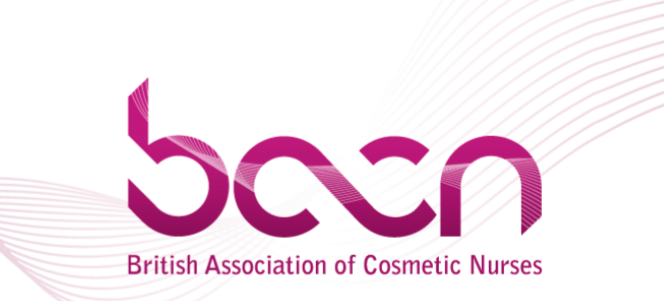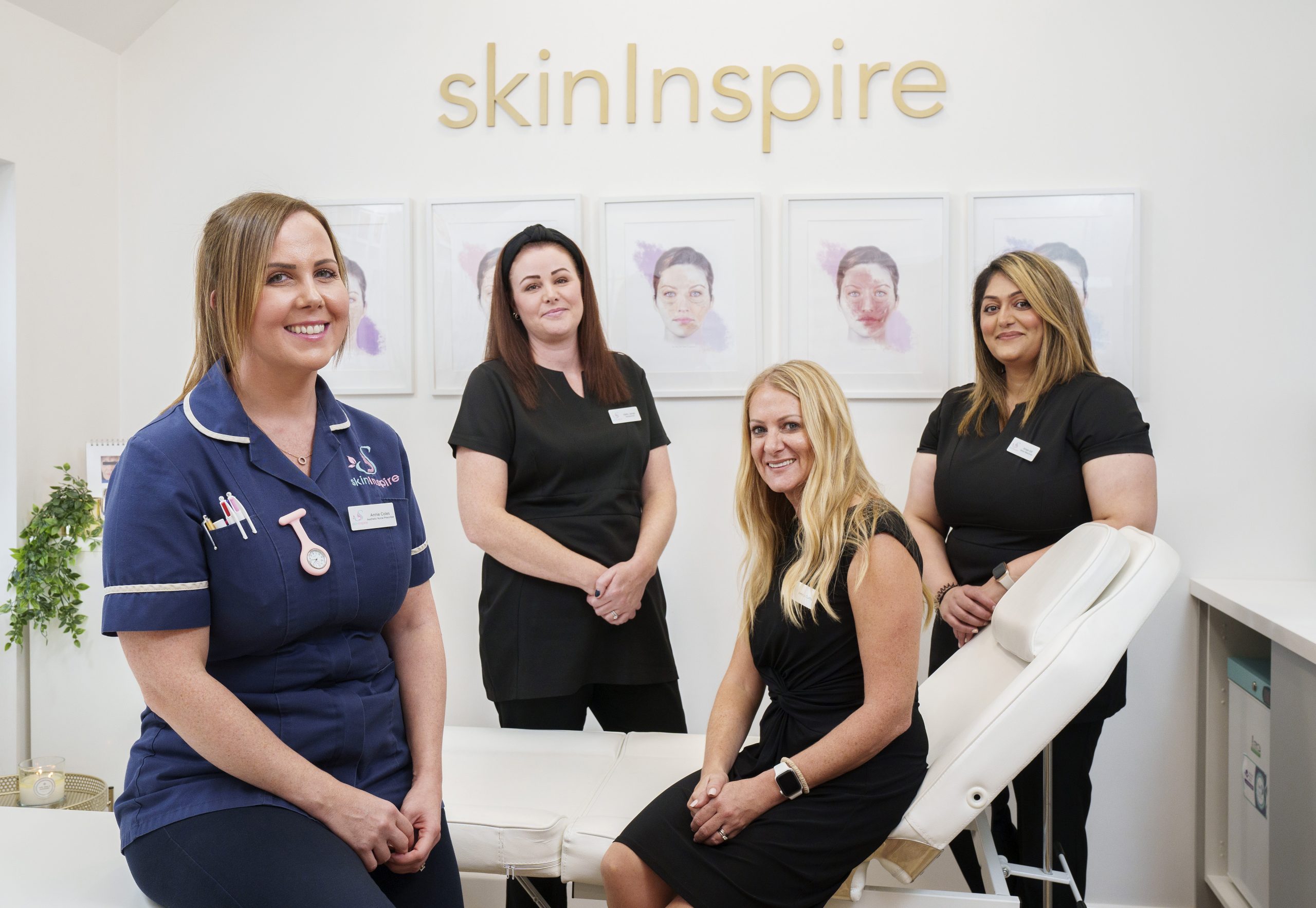What is Hyperpigmentation?
Hyperpigmentation is a common skin condition that occurs when patches of skin become darker than the surrounding area due to an excess of melanin. Melanin is the pigment that gives color to our skin, hair, and eyes. Hyperpigmentation can affect people of all skin types and can be caused by a variety of factors including sun exposure, hormonal changes, inflammation, and skin injuries.
Symptoms of hyperpigmentation can include dark patches or spots on the skin that are often larger than freckles. These patches may appear on the face, hands, arms, or other areas of the body that are frequently exposed to the sun. Hyperpigmentation can also cause the skin to appear dull or uneven in texture.
Hyperpigmentation Types
There are several different types of hyperpigmentation, each with their own unique causes and characteristics. The most common types of hyperpigmentation include:
Melasma: This type of hyperpigmentation is caused by hormonal changes and often occurs during pregnancy or when taking birth control pills. Melasma appears as brown or gray-brown patches on the face, particularly on the cheeks, forehead, nose, and chin.
Post-inflammatory hyperpigmentation: This type of hyperpigmentation occurs after an injury or inflammation of the skin, such as acne, eczema, or a burn. It appears as dark spots on the affected area.
Sunspots: Also known as age spots or liver spots, sunspots are caused by long-term sun exposure and appear as small, dark spots on areas of the skin that receive the most sun exposure, such as the face, hands, and arms.
Hyperpigmentation Treatments
While hyperpigmentation can be frustrating, there are several treatment options available to help reduce its appearance. Obagi chemical peels are a popular treatment option that can effectively reduce hyperpigmentation. These peels use a combination of alpha-hydroxy acids (AHAs) and beta-hydroxy acids (BHAs) to exfoliate the skin and promote cell turnover, resulting in brighter, more even-toned skin.
In addition to chemical peels, a consistent skincare routine can also help reduce hyperpigmentation. This may include the use of products containing ingredients such as retinol, vitamin C, and niacinamide, which have been shown to help reduce the appearance of hyperpigmentation over time.
If you are struggling with hyperpigmentation, it is important to book a consultation with us first to determine the underlying cause and the best treatment options for your individual needs. With the right approach, hyperpigmentation can be effectively managed and minimised, leaving you with smoother, brighter, and more even-toned skin.



About skinInspire
Annie is a skincare expert, who can help you become the very best version of yourself once again. Her cutting edge cosmetic treatments will make you look younger and more radiant. Annie can remove skin imperfections and provide effective relief for a number of unsightly skin conditions.





